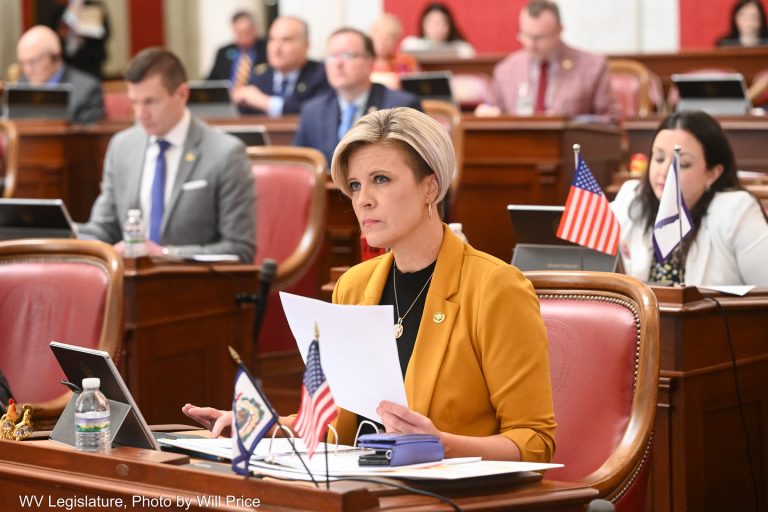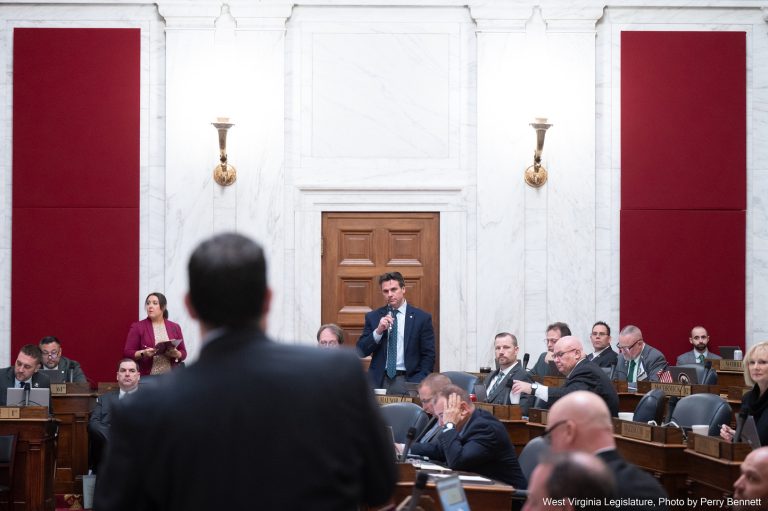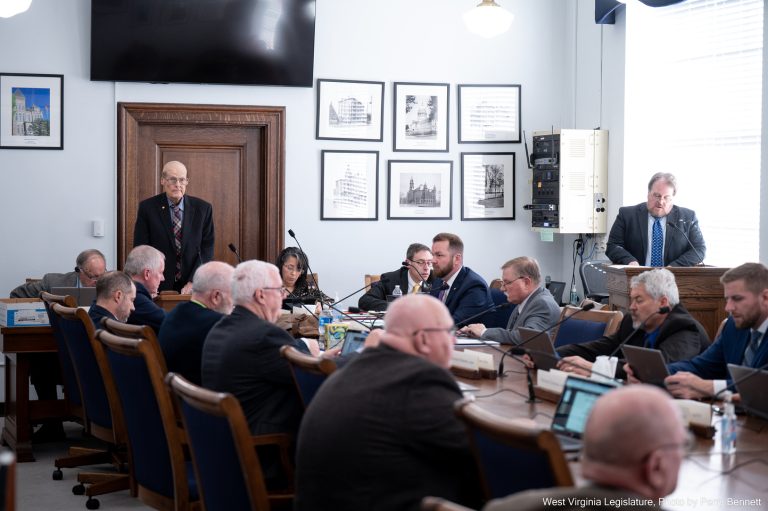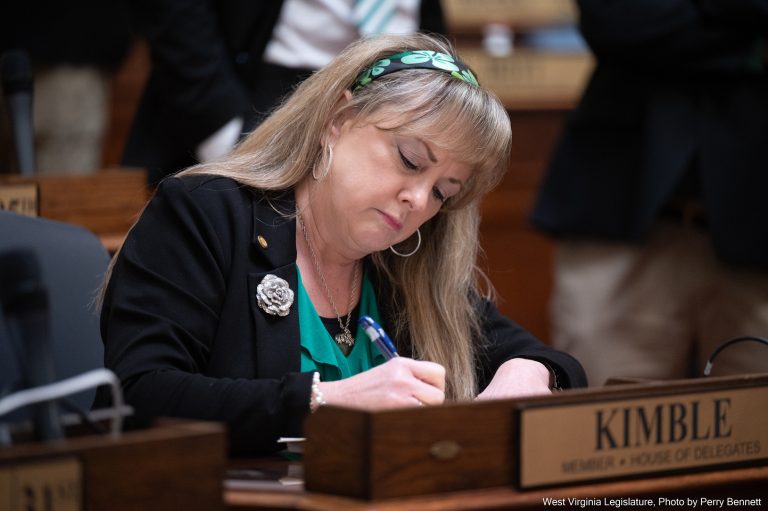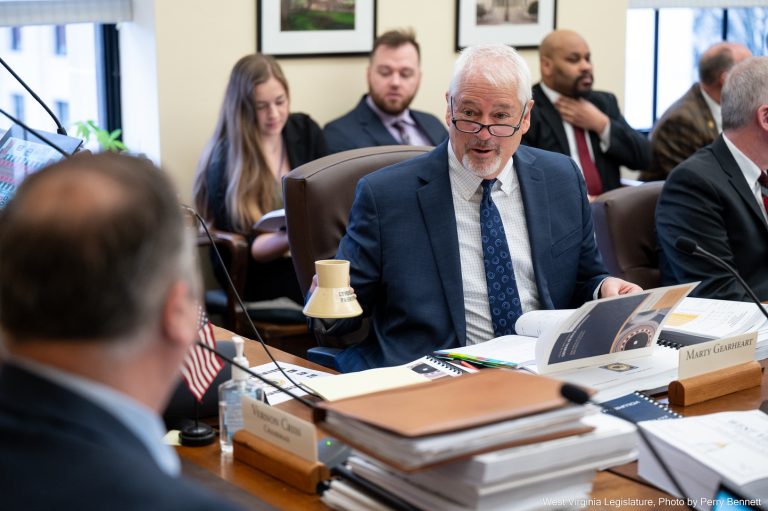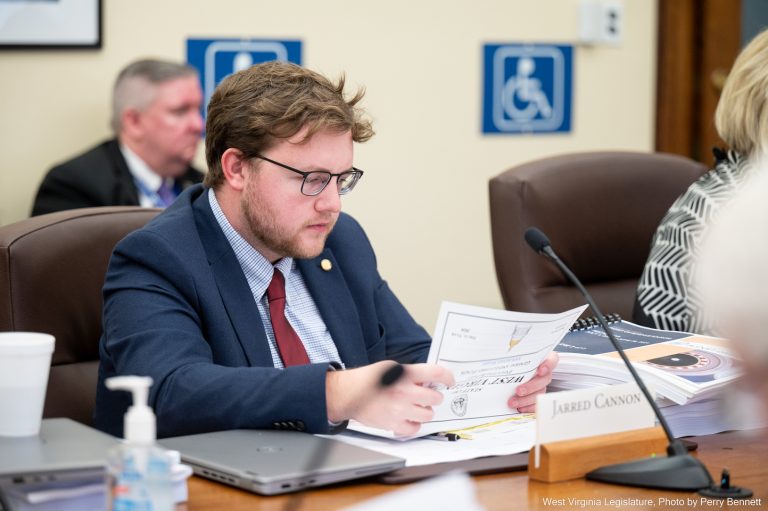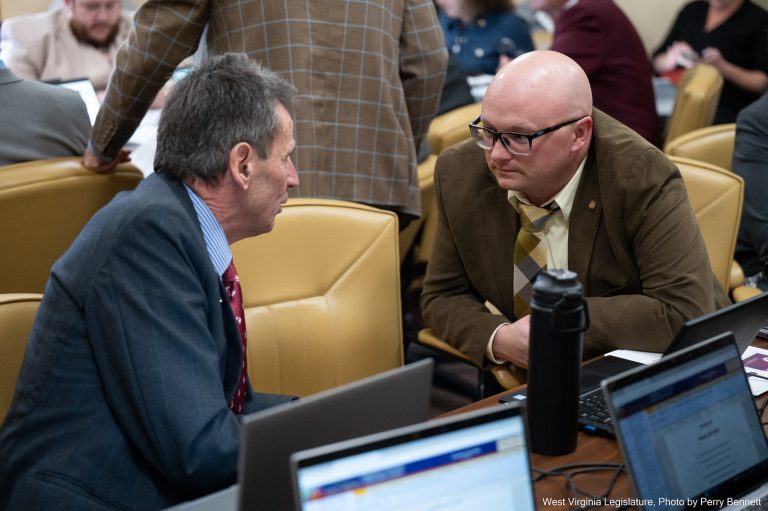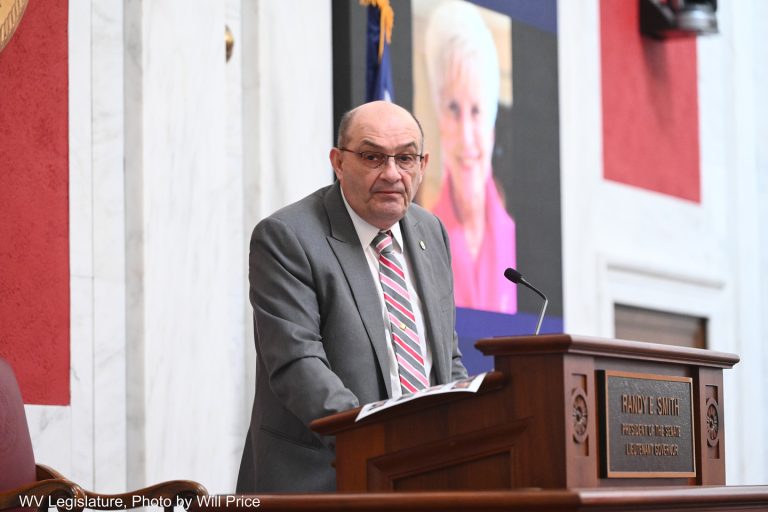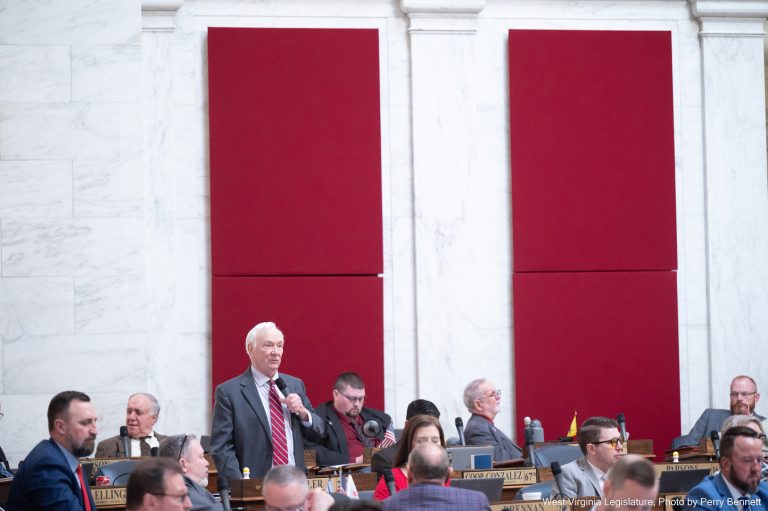The Senate passed a bill on Tuesday that would create the Safety and Violence Education for Students Act.
Senate Bill 548 is aimed at enhancing student safety and promoting social inclusion in schools across the state. The bill mandates that all schools serving grades K-12 provide students with evidence-based training in youth violence prevention and social inclusion.
The primary objective of the legislation is to equip students with the skills necessary to recognize and respond to potential threats of violence and social isolation.
Specifically, the bill would require schools serving grades 6-12 to deliver at least one hour of youth violence prevention training annually. This training would cover critical topics such as identifying warning signs of individuals at risk of harming themselves or others, the importance of taking threats seriously, and the appropriate steps to report dangerous behavior.
In addition, the bill mandates that all K-12 schools provide at least one hour of social inclusion training each year. This training aims to educate students about social isolation, its implications, and strategies to foster a sense of togetherness within their classrooms and communities.
If the bill completes legislative action, the state Department of Education would be tasked with developing a list of evidence-based training programs and materials to support these initiatives, ensuring that schools have access to effective resources. The legislation also allows for the establishment of student-led violence prevention clubs, further encouraging student engagement in safety initiatives.
Supporters of the bill praise its proactive approach to addressing youth violence and social isolation, while critics have raised concerns about the potential costs associated with implementing these training programs, particularly in underfunded schools.
The legislation passed on a 26-8 vote.
The bill now heads to the House of Delegates for consideration.
The Senate has adjourned until Wednesday, March 19, at 11 a.m.
Afternoon Meetings:
Health at 1 p.m. in 451M
Finance at 3 p.m. in 451M
Judiciary at 3 p.m. in 208W
Morning Meetings for March 19:
Substance Use Disorder and Mental Health at 9:30 a.m. in 451M


